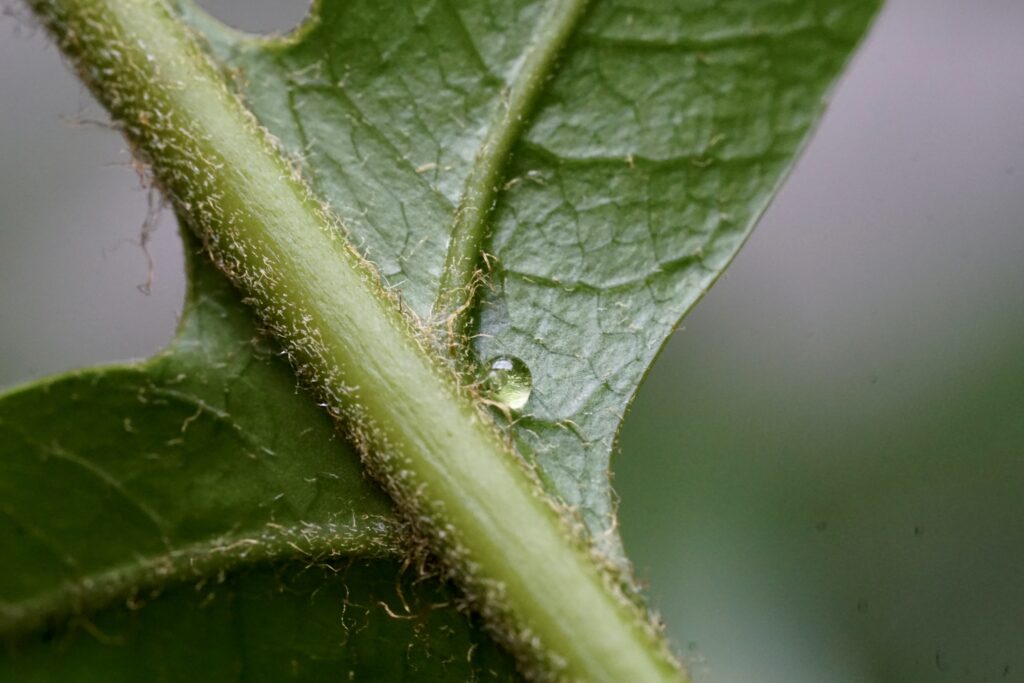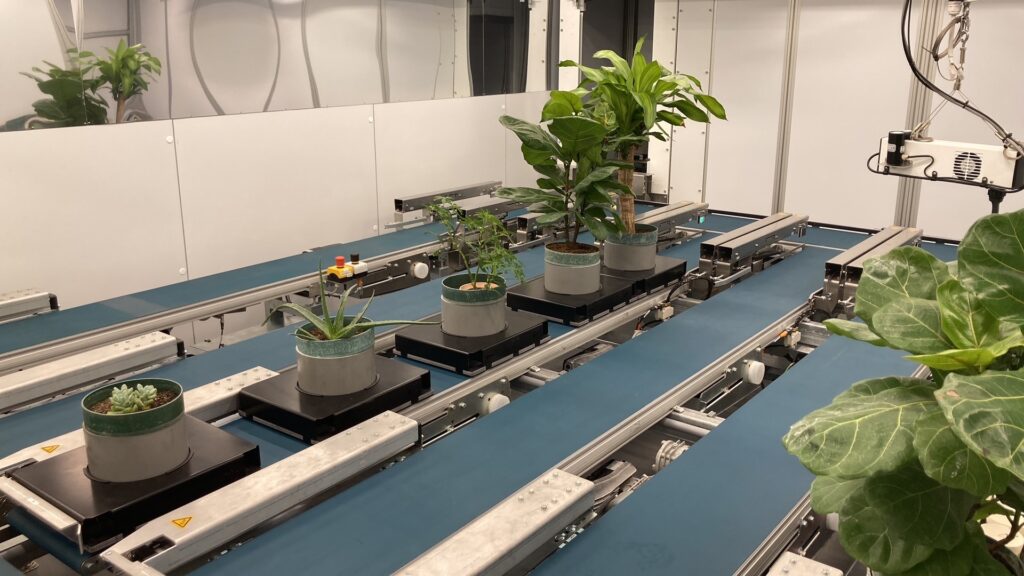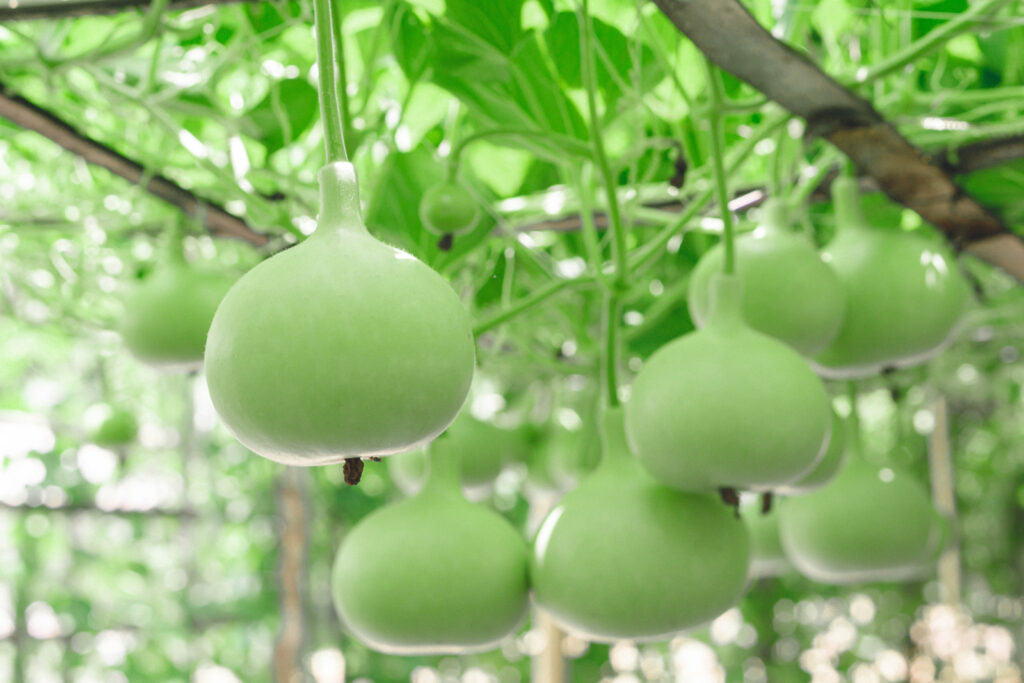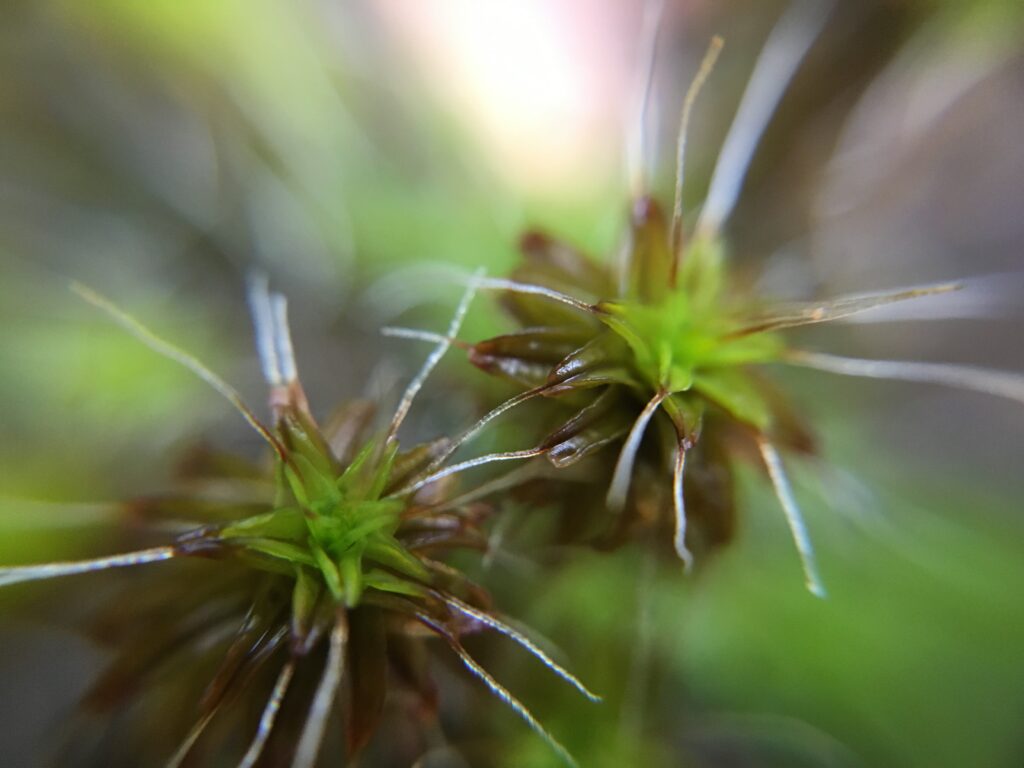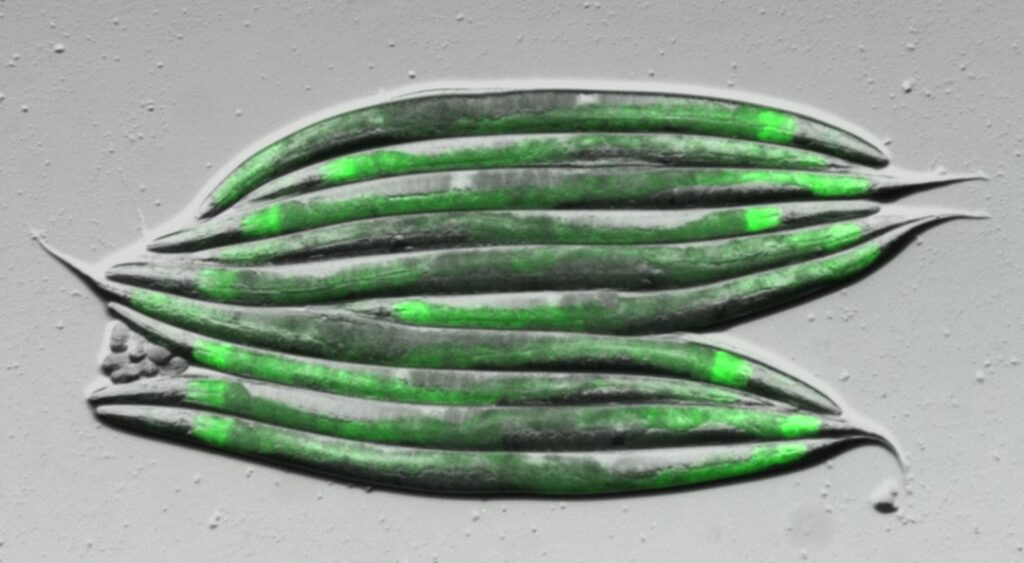Democratizing Plant Research: A New Cost-Effective Solution for Advanced Phenotyping
Phenotyping, which involves assessing observable plant characteristics, is crucial for understanding plant development and response to environmental stresses. Traditional methods are often cumbersome, costly, and destructive, limiting research scope and...
Tracing the Evolution of Ferns’ Surprisingly Sweet Defense Strategy
Plants and the animals that eat them have evolved together in fascinating ways, creating a dynamic interplay of survival strategies. Many plants have developed physical and chemical defenses to fend off herbivores. A well-known strategy in flowering...
Transgenic Expression of Rubisco Factors Increases Photosynthesis and Chilling Tolerance in Maize
Maize is one of the world’s most widely grown crops and is essential to global food security. But like other plants, its growth and productivity can be limited by the slow activity of Rubisco, the enzyme responsible for carbon assimilation during...
Boyce Thompson Institute Celebrates Professor Maria Harrison’s Election to the Royal Society
The Boyce Thompson Institute (BTI) proudly announces that Maria Harrison, the William H. Crocker Professor at BTI and an Adjunct Professor at Cornell University’s School of Plant Sciences, has been elected a Fellow of the Royal Society, the United...
BTI SAB Member Dr. Arthur Grossman Elected to the National Academy of Sciences
We are thrilled to congratulate Dr. Arthur Grossman, a valued member of our Scientific Advisory Board at the Boyce Thompson Institute (BTI), on his recent election to the National Academy of Sciences (NAS), one of the highest honors that can be accorded...
Gene Editing in Agriculture: BTI Scientist Advocates for CRISPR Innovations to Senate Committee
On April 23rd, Georg Jander, a professor from the Boyce Thompson Institute, addressed an audience in the offices of the U.S. Senate Committee on Agriculture, Nutrition, and Forestry. In a compelling presentation titled "The Next Agricultural Revolution:...
BTI Unveils State-of-the-Art Plant High-Throughput Phenotyping Facility
BTI is proud to announce the opening of its cutting-edge plant phenotyping facility, PhenoSight. This new facility holds significant potential for delivering unparalleled insights into plant growth, development, and response to environmental...
Across Oceans and Millennia: Decoding the Origin and History of the Bottle Gourd
In a fascinating dive into the past, a team of researchers from the Boyce Thompson Institute (BTI) and USDA has uncovered intriguing details about the origins and spread of the bottle gourd, one of the oldest domesticated crops. Their research, recently...
Drying Without Dying: Tracing Water Scarcity Coping Mechanisms from Mosses to Flowering Plants
Imagine: You find the dried-up remains of a once green and lush philodendron on your bookshelf and realize you can’t remember the last time you watered your houseplants. You soak the soil with water, hoping you can breathe life back into its desiccated...
Bridging Diet, Microbes, and Metabolism: Implications for Metabolic Disorders
Mounting evidence suggests that the secret to understanding human health and combating metabolic diseases lies hidden within the microscopic world of our gut bacteria. Recent research by scientists at the Boyce Thompson Institute (BTI) and Cornell...


